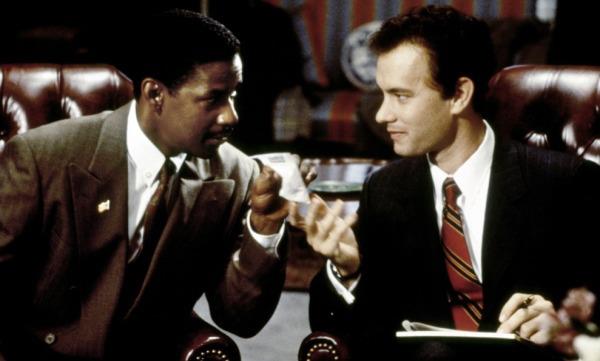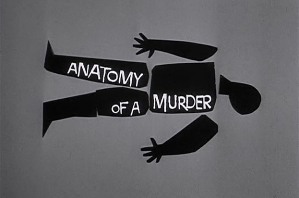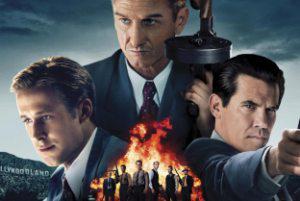“Philadelphia” (1993) was far more than just the film that won the Oscar for Best Picture of 1993. It helped humanize the plight of AIDS patients and the discrimination they faced. Back in the 1980s and even well into the 1990s, many myths abounded about AIDS, causing patients to have to engage in two fights before they died. One fight was with AIDS itself while the other was against prejudice.
Keep in mind that back then getting diagnosed with AIDS was a death sentence. Many drugs that are out now were not available then. It could be argued that “Philadelphia” helped siphon more money into AIDS drug research, but that had been going on since the late 1980s after actor Rock Hudson died of the disease in 1985. “Philadelphia” had to be set in no other city, because the city’s name means “City of Brotherly Love.”
Fear of AIDS
The film centers on a lawsuit brought by a lawyer with AIDS who was fired for having the disease. The lawyer, played by Tom Hanks, has visible sores on his body when he first meets his lawyer, played by Denzel Washington. As soon as Washington learns Hanks has AIDS, he gets up out of his chair and walks as far as he could away from Hanks. He also wipes his right hand thoroughly – the hand that a minute ago had shaken Hanks’ hand so warmly.
This is director Jonathan Demme’s subtle ways of showing what the rest of us look like to AIDS patients. The big fear of the time was that AIDS was contagious, so that just by touching an AIDS patient could get your infected. Washington also at first tries to discourage Hanks from instigating the lawsuit, mainly because he was scared of catching AIDS. Over course of the film, Washington finally realizes that his treatment of Hanks is no better than a bigot’s treatment of African Americans.
Facing the Fear
Washington uses this same fear in order to win Hanks’ case. By this time, Hanks can no longer attend his trial due to his failing health. Washington even begins questioning Hanks’ former boss by reciting a long list of offensive terms for homosexuals. This shocks the judge and jury, but it serves to bring the fear out into the open. The demon is named. Not only are Hanks’ former employers shown to be as scared of homosexuals as they are of AIDS, but so are most of the heterosexuals watching the film.
By the end, we see that Hanks is not a scary figure, but just like anyone else. He loves music, he has family, he falls in love and he will die. Although he wins the case, it’s little comfort for Washington and the viewers because Hanks soon dies. But Hanks seems calm and ready for death after learning of his victory, which was not just a victory for him but for all AIDS patients. Hanks would win the Oscar for Best Actor for this role.
About Jonathan Demme
Director Jonathan Demme was no stranger to showing evil in everyday places. His previous film, “The Silence of the Lambs” (1992) showed a desperate FBI trying to wheedle help from a notorious serial killer Dr. Hannibal “The Cannibal” Lector, for the purpose of catching another serial killer before he murders and skins his latest kidnapped victim. It’s hard to say who is more evil in Demme’s films, Lector or Hanks’ former boss.


